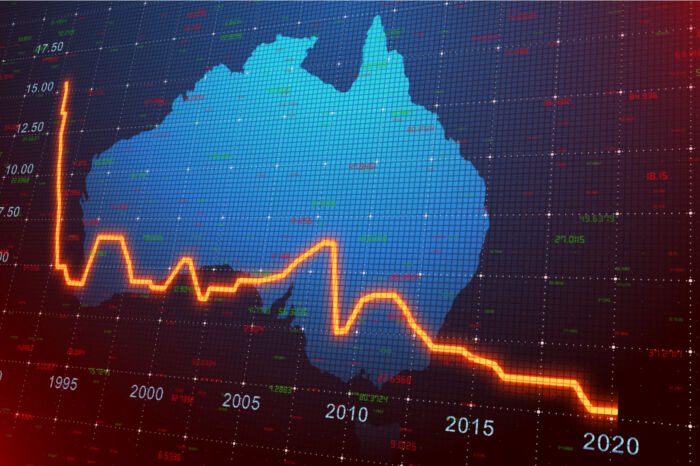The bank has already raised base rates by 1.25% since May, the fastest series of changes since 1994. The bank has hinted at further hikes even as the country faces an economic downturn amid efforts to curb soaring inflation.
In its statement, the bank said.
“Inflation in Australia is also high, but not as high as it is in many other countries. Global factors account for much of the increase in inflation in Australia, but domestic factors are also playing a role. Strong demand, a tight labor market and capacity constraints in some sectors are contributing to the upward pressure on prices. The floods are also affecting some prices.”
However, Governor Philip Lowe is confident that the economy can cope with this unpleasant situation, with the unemployment rate at a 50-year low of 3.9% and the number of job vacancies at a record high. Household demand is also good, thanks in part to the 260 billion AUD in savings accumulated during the pandemic retrenchment.
Read also: World Bank chief economist talks about global recession
But higher borrowing costs are sure to reduce purchasing power as households owe 2 billion AUD on mortgages. House values have also started to fall after last year’s sharp increase. The rise in interest rates to date will increase the average 620,000 AUD mortgage payment by 400 AUD per month, on top of higher energy, petrol, healthcare, and food costs.
The situation is exacerbated by flooding
The situation is likely to be exacerbated by the floods that have recently hit the east coast, which has pushed up the price of vegetables and fruit. At the same time, coal mines have been flooded, adding to the energy shortages Australia is facing, as we reported in an earlier article.
According to a statement from the bank, inflation is expected to peak later this year. However, inflation is expected to fall back to 2-3% next year. The Bank expects a more sustainable balance between supply and demand of goods and services from higher interest rates.












Comments
Post has no comment yet.